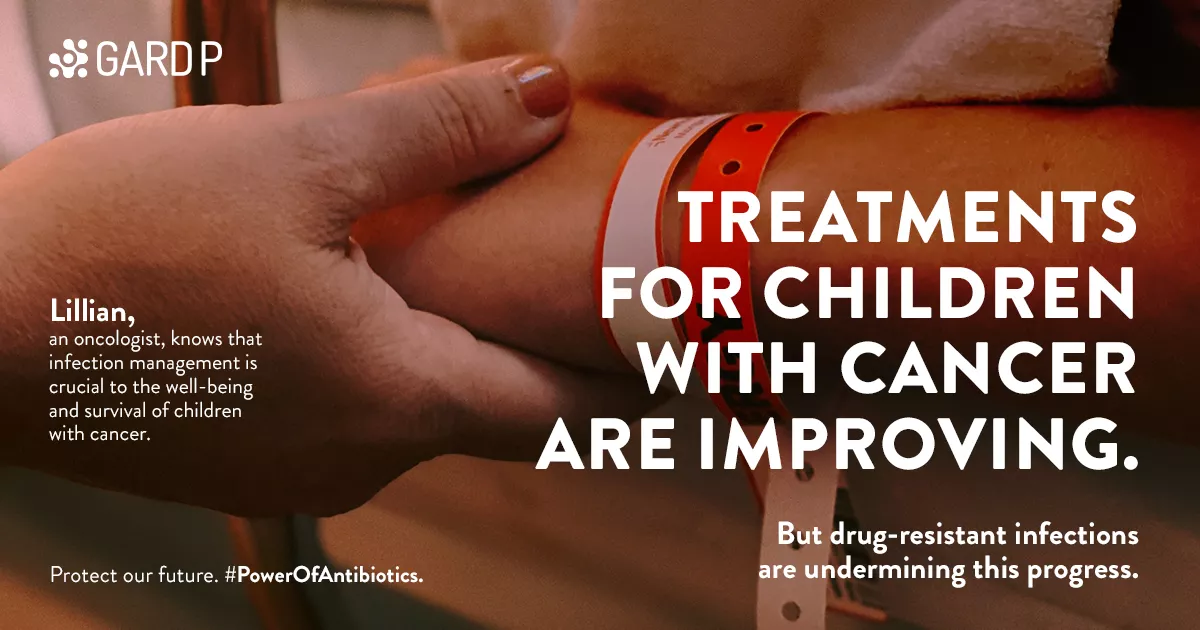Infections can be life-threatening for children with cancer
As a paediatric oncologist at The Hospital for Sick Children (SickKids) in Toronto, Canada, Professor Lillian Sung specializes in treating children with leukaemia or lymphoma, types of blood cancer. Since she began her career in the late 1990s, she has witnessed a significant improvement in the outcomes of children suffering from these diseases, thanks to innovations in cancer therapy including immunotherapy and better risk stratification.
“Currently, we would expect to cure over 80% of children newly diagnosed with cancer in high-income countries, and that number is starting to rise in low- and middle-income country settings,” says Lillian.
However, infections continue to pose a serious threat to cancer patients. Because cancer therapies may damage their immune systems, they are especially vulnerable to bacterial and fungal infections. When there is a case of antibiotic resistance—that is, the infection does not respond to the antibiotic treatment—doctors turn to more powerful antibiotics for treatment.
“Some bacterial infections are easily treated, and after a course of antibiotics, the infection is gone,” says Lillian. “But they can also be difficult to treat and lead to significant morbidity. They can lead to blood infections or lung infections. They can make the kids so sick that they have to go to the intensive care unit and even be put on breathing machines. And in the very worst-case scenario, the child can die.”
As a specialist in supportive care, like infection management, that contributes to the well-being and survival of children with cancer, Lillian warns about the risk of drug-resistant infections to cancer patients. She supports ongoing efforts to harmonize clinical practice guidelines within institutions and across regions.
“Guidelines offer some recommended ways to practice based on evidence. They allow us to understand what is the most narrow (or specific) antibiotic you can use and what is the shortest duration you can use it for so we can treat the patient and prevent antibiotic resistance from happening,” says Lillian.
When it comes to antibiotic resistance, the recognition of the importance of clinical practice guidelines is one of the most important developments that Lillian has witnessed since she started her career. But there is still an enormous amount of work to do.
“Imagine a world in which organisms become pan-resistant to antibiotics. Rather than cancer being the major problem, infections could be the real problem. Can you imagine telling children with a major infection that we have no therapies for them? That’s the world we must do everything to avoid,” says Lillian.
Prof Lillian Sung is part of the Union for International Cancer Control taskforce on antimicrobial resistance (AMR) and cancer care.
